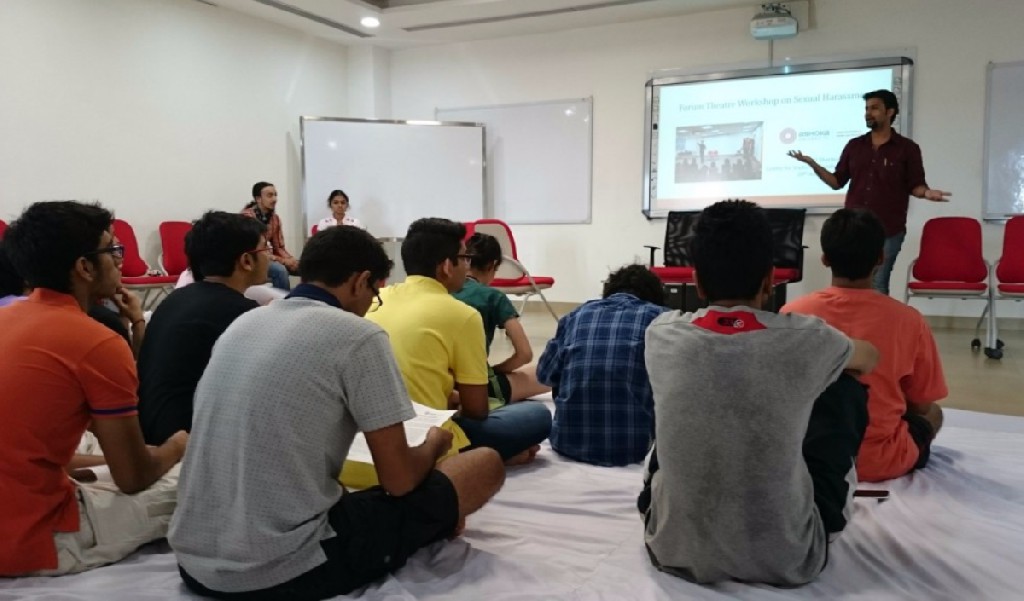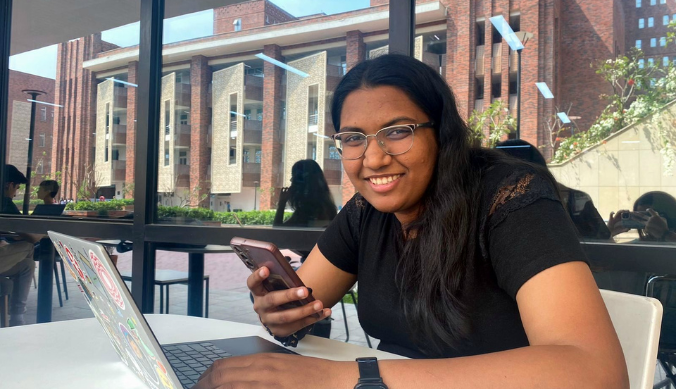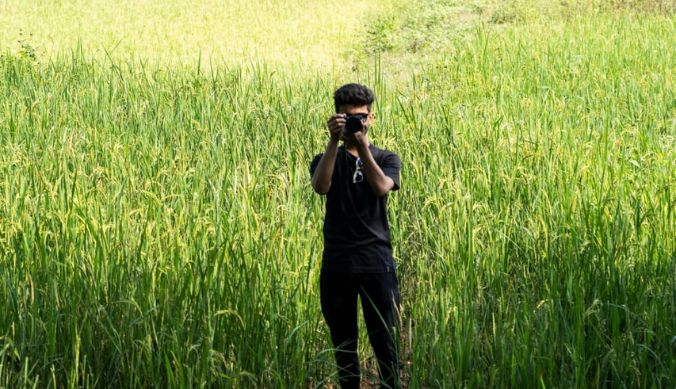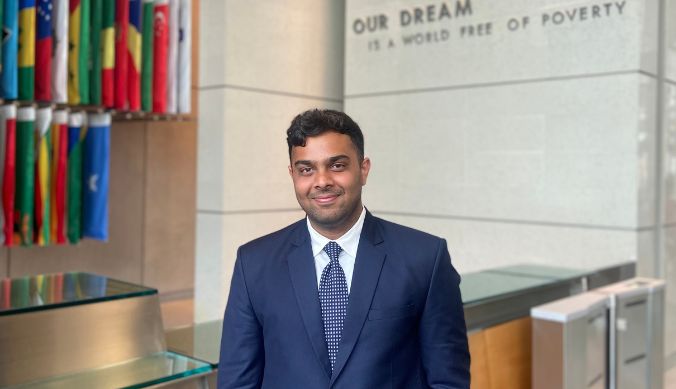Combining theatre and education towards social change
Forum Theatre workshops organised by CSGS on the theme of ‘sexual harassment’ highlight the importance of experiential learning in liberal education

Shiv D Sharma
30 September, 2015 | 5 Mins readSeptember, 2015: Sexual harassment is a serious issue that plagues societies around the world. While it is extremely rampant, most people, unfortunately, are also quite uninformed on various forms of sexual harassment, which is generally understood as being limited to physical sexual abuse. With the aim of creating awareness on this issue, the Centre for Studies in Gender and Sexuality (CSGS) at Ashoka University recently organised workshops for the students on campus using the unique approach of Forum Theatre. The workshop is designed to discuss the constitution of sexual harassment, strategies for its prevention, and generate a larger dialogue towards gender sensitisation.
Forum Theatre is one of the techniques used in what is known as ‘Theatre of the Oppressed’, created by innovative and influential practitioner Augusto Boal as a tool for people to understand oppression and discover ways of fighting it. In the words of Adrian Jackson, an eminent Forum Theatre practitioner, “In forum, the audience not only comments on the action, it intervenes directly in the action, taking the protagonist’s part and trying to bring the play to a different end; it is no longer a passive receiver, it is gathering of ‘spect-actors’ (active spectators) who bring their own experience and suggestions to the question, ‘What is to be done?’” This interactive format of the workshop allows the participants to experience situations resulting in sexual harassment in a theatrical fiction, at the same time giving them a space to respond based on their intuition, understanding and experiences. Hence, sexual harassment is discussed not only theoretically, but in relation to practical situations performed as short plays. This theatrical experience will help them to prepare themselves for such incidents and change things in real life. The workshop captured the challenging nuances of this issue such as the thin line between casual flirtation or teasing and sexual harassment, role of consent in intimate partner sexual harassment, and discussion on acts amounting to sexual harassment that are difficult to prove.
The workshop has been designed in accordance with guidelines given in Ashoka University’s policy against sexual harassment. Following the legal mandate under the Sexual Harassment of Women at Workplace (Prevention, Prohibition and Redressal) Act, 2013, Ashoka University has put together its policy against sexual harassment that is implemented by its Committee Against Sexual Harassment (CASH). The policy has been formulated in keeping with the spirit of the Act and relevant Supreme Court judgements. However, the scope has been expanded to cover a wider spectrum of sexual harassment, the rules are gender neutral and include a mandate on gender sensitisation.












